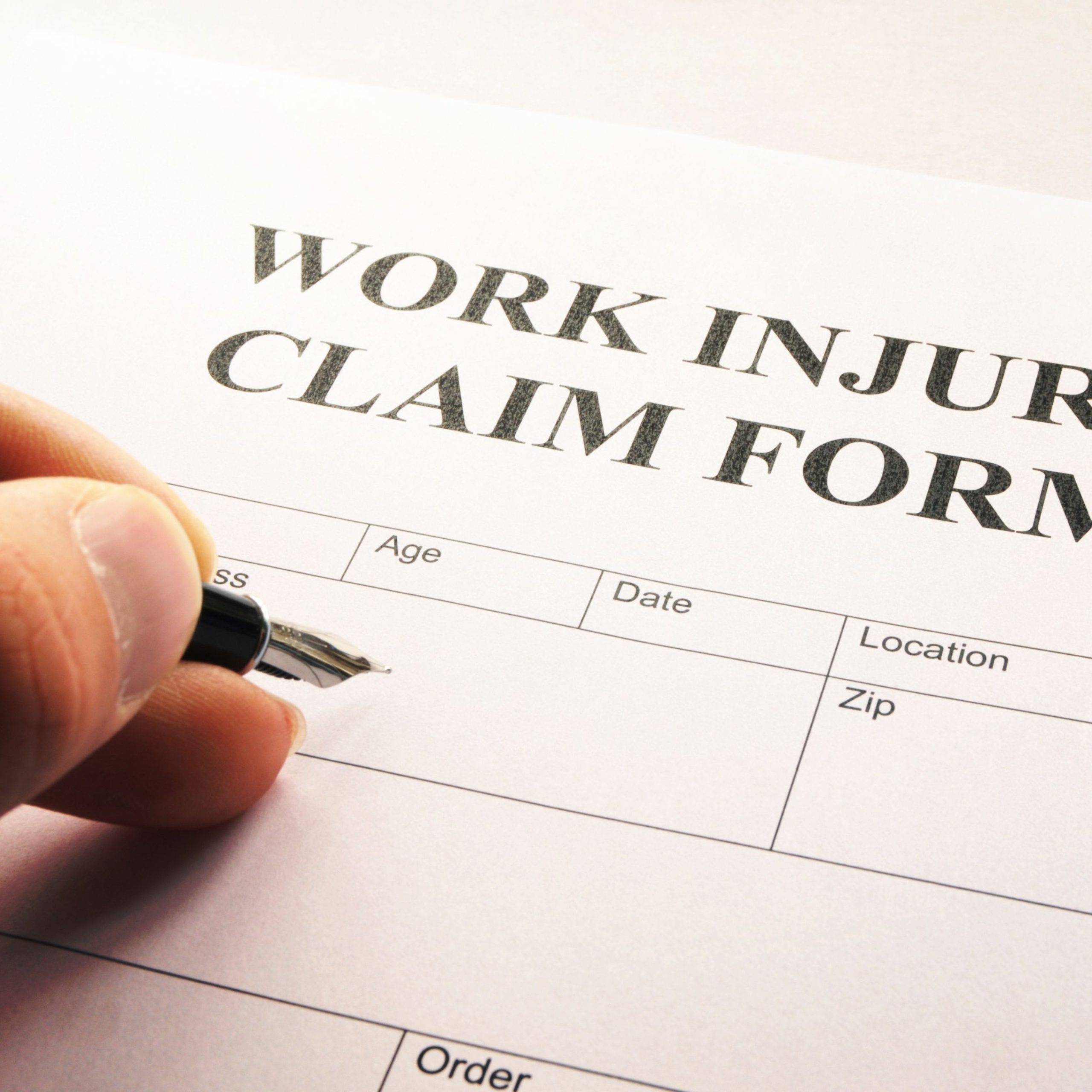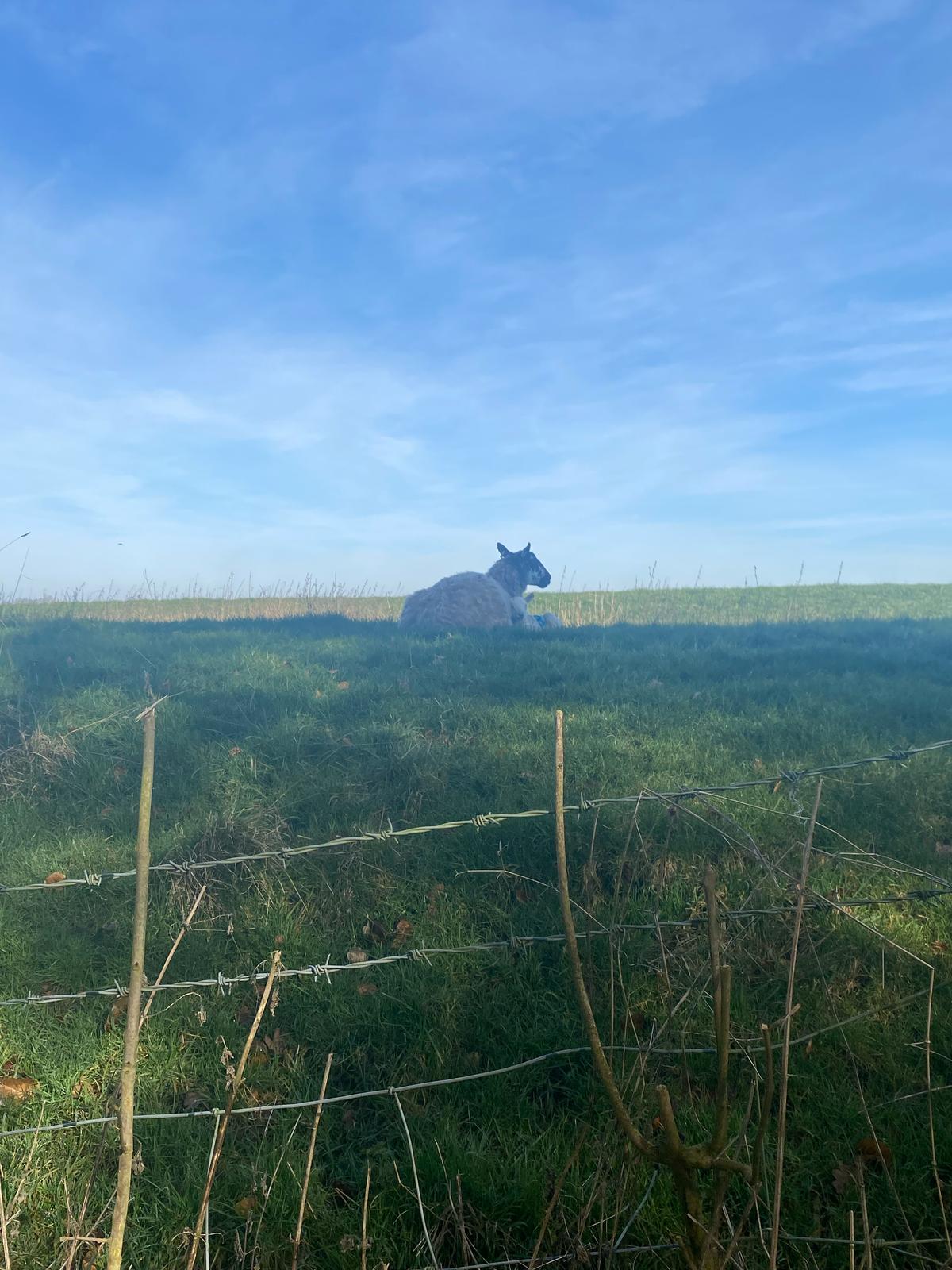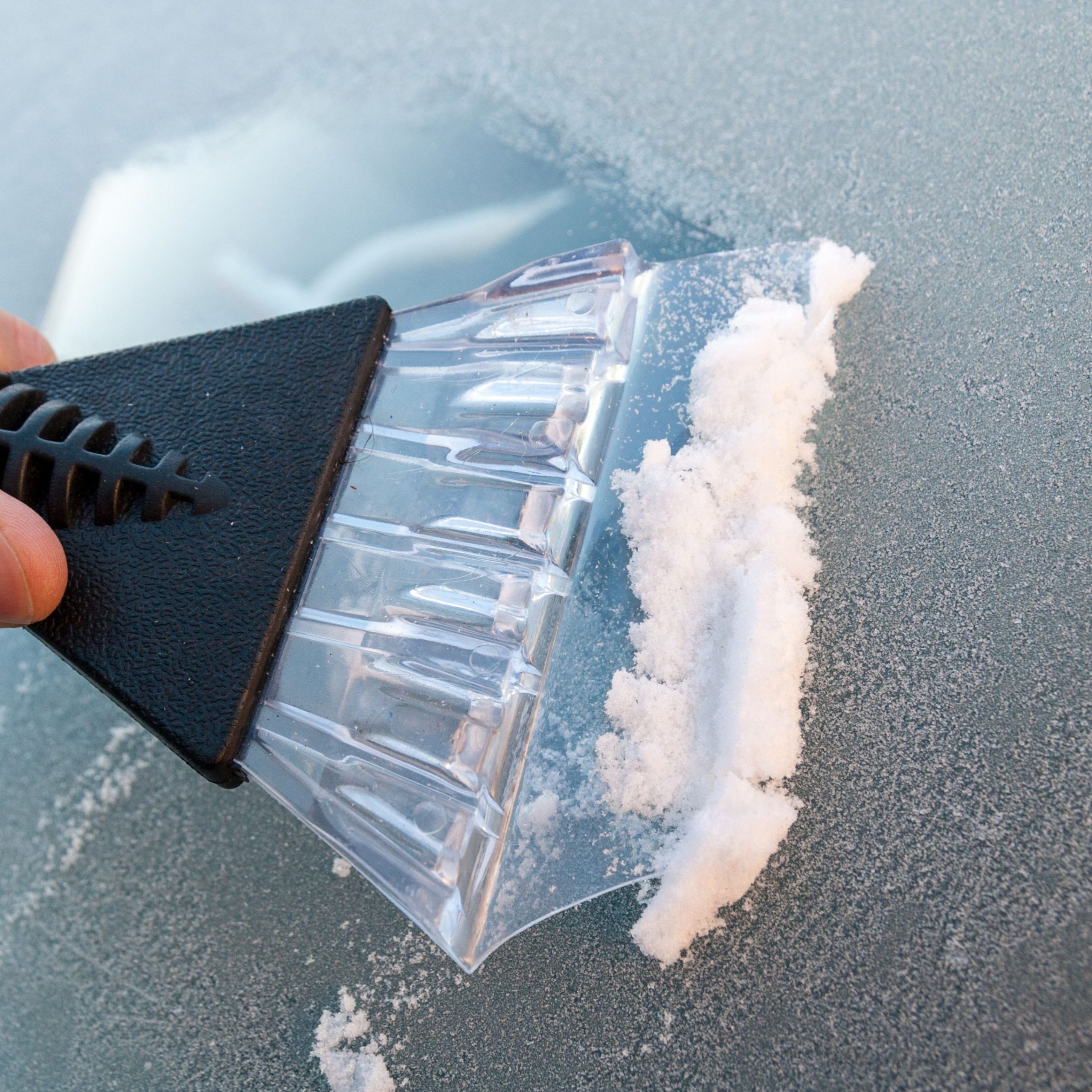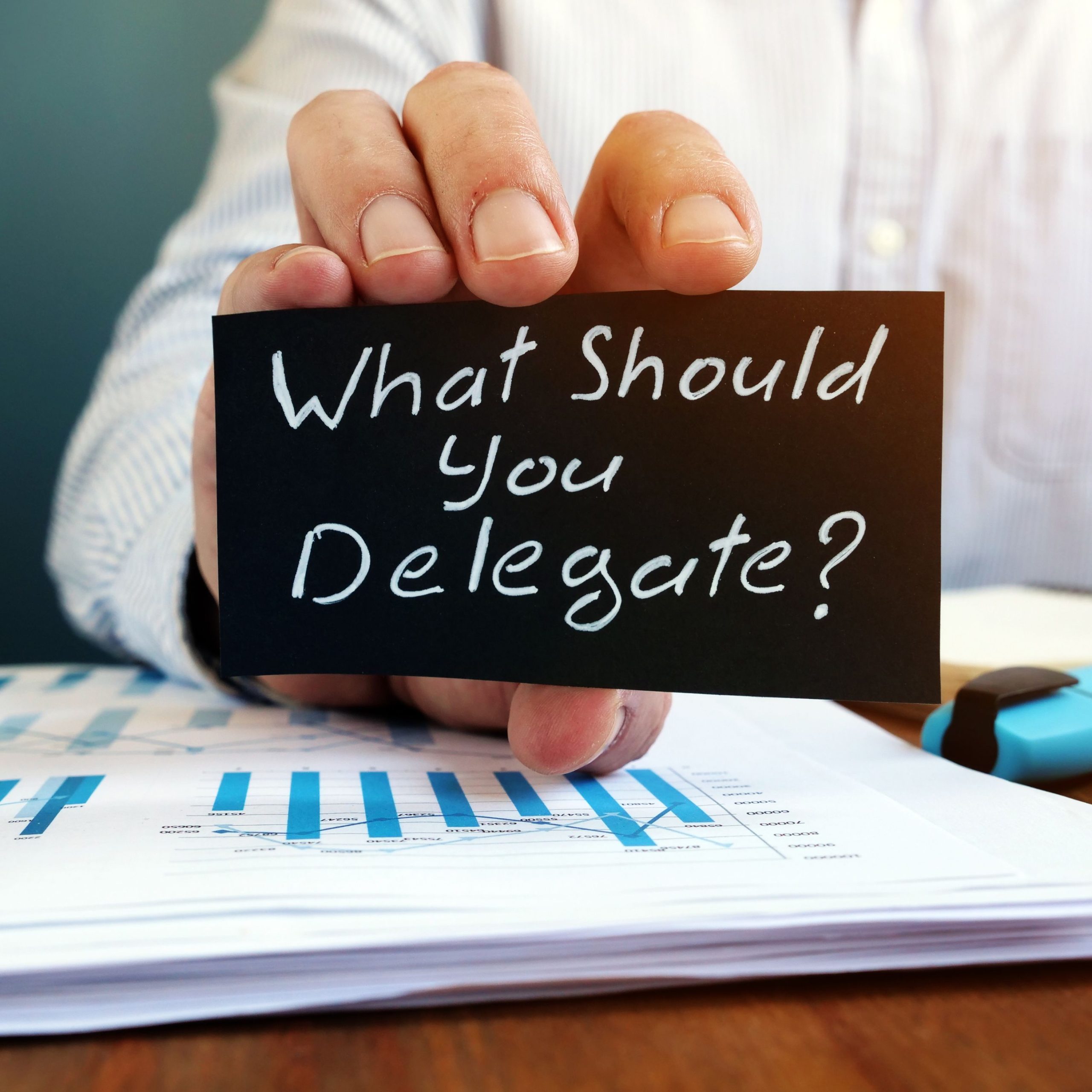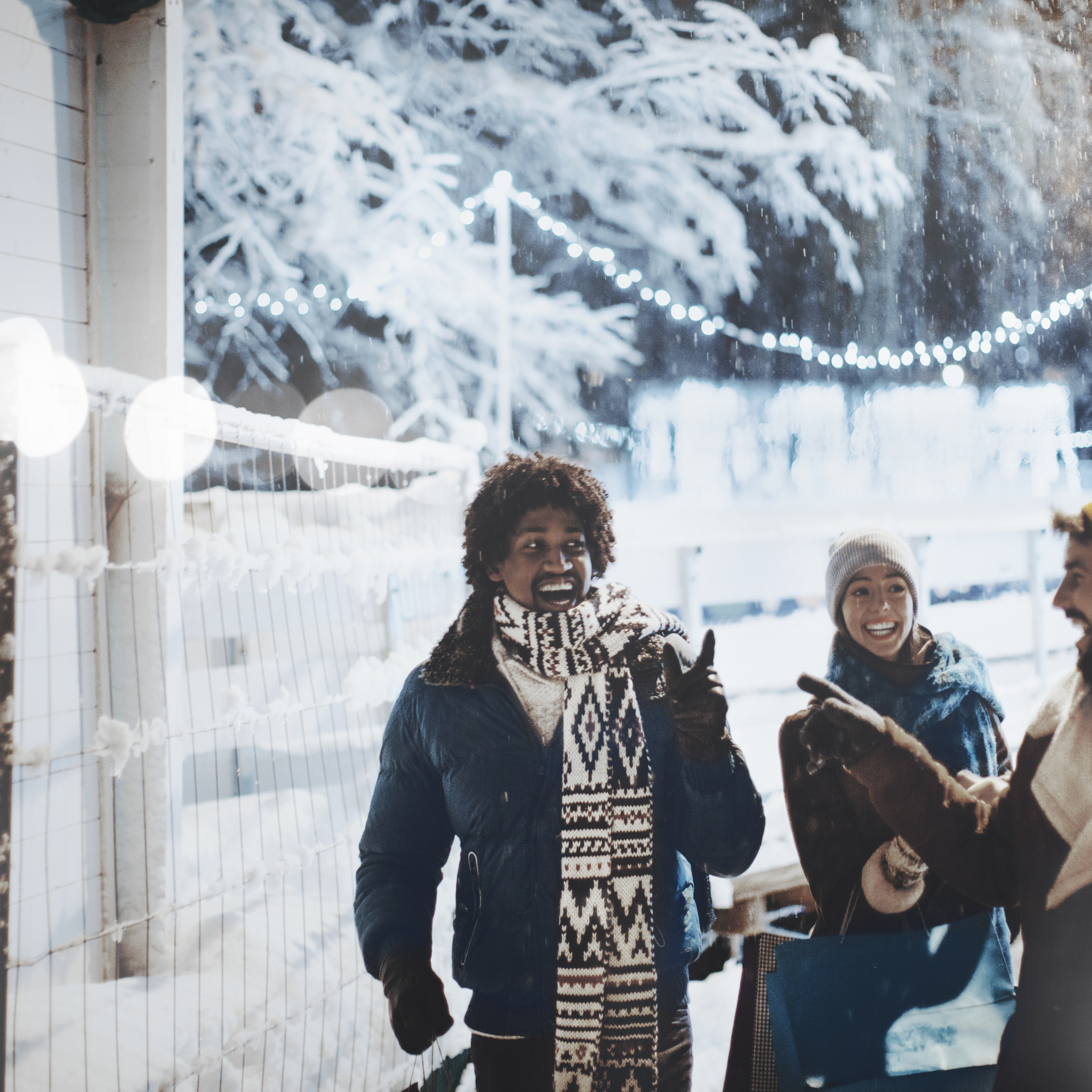As winter approaches, the importance of maintaining safe business premises becomes increasingly vital. One often overlooked but crucial aspect is gritting, which involves spreading salt or sand on pavements, driveways, and car parks lots to prevent ice formation. Failing to grit your business premises can have severe consequences, including injuries to employees and visitors, legal ramifications, and financial losses. This blog post explores the potential dangers of neglecting this essential safety measure and why it should be a priority for all business owners.
Physical Risks of Slips and Falls
Ice and snow can create treacherous conditions, particularly in regions prone to harsh winter weather. When walkways, stairs, and parking lots are not properly gritted, the risk of slips and falls increases dramatically. For employees and visitors, these accidents can lead to a range of injuries, from minor bruises to severe fractures, head injuries, or even long-term disabilities.
Slips and falls can be particularly hazardous for older adults or those with mobility issues. Even a seemingly minor slip can cause significant harm, leading to extended periods of recovery or permanent damage. As a business owner, the well-being of your employees and customers should be a top priority. Ensuring that all areas are properly gritted reduces the likelihood of such accidents, fostering a safer environment for everyone.
Legal and Financial Implications
Neglecting to grit your premises doesn’t just put people at physical risk; it also exposes your business to significant legal and financial liabilities. If an employee or visitor slips and injures themselves on your property due to icy conditions, they may have grounds to file a lawsuit against your business. In many cases, businesses can be held legally responsible for accidents that occur on their premises if they are found to have been negligent in maintaining safe conditions.
The legal costs associated with defending against such lawsuits can be substantial. Even if your business has insurance, the potential for increased premiums or coverage limits could have long-term financial consequences. In some instances, the courts may award significant compensation to the injured party, covering medical expenses, lost wages, pain and suffering, and other damages. These financial repercussions could be devastating, particularly for small businesses operating on tight margins.
Reputational Damage
Beyond the immediate physical and financial consequences, failing to grit your premises can also damage your business’s reputation. In today’s digital age, news of a slip-and-fall accident can quickly spread online, potentially leading to negative reviews and a tarnished public image. Customers and clients may be less likely to trust a business that appears careless about safety, leading to a decline in foot traffic and sales.
For employees, working in an environment where safety is not prioritised can result in low morale and reduced productivity. A workplace injury can also increase absenteeism, putting additional strain on your workforce and disrupting business operations. Demonstrating a commitment to safety, on the other hand, can enhance your company’s reputation, attract and retain customers, and foster a positive work environment.
Proactive Measures for Safety
Gritting your business premises should be an integral part of your winter maintenance plan. Regularly monitor weather forecasts and be prepared to apply grit as needed, particularly during periods of freezing temperatures or snowfall. Ensure that all areas where employees and visitors walk, including entrances, parking lots, and stairways, are thoroughly treated.
In addition to gritting, consider implementing other safety measures, such as posting warning signs in icy areas, providing mats at entrances, and encouraging employees to wear appropriate footwear. Training staff on winter safety procedures can also help prevent accidents and ensure that everyone is aware of the steps to take in icy conditions.
Essential Grit
Neglecting to grit your business premises can have far-reaching consequences, including injuries, legal battles, financial losses, and reputational harm. By taking proactive measures to maintain safe, ice-free walkways and entrances, you can protect your employees, visitors, and your business from these risks. Prioritizing safety is not just a legal obligation—it’s a smart business decision that can save you time, money, and potential heartache in the long run.


